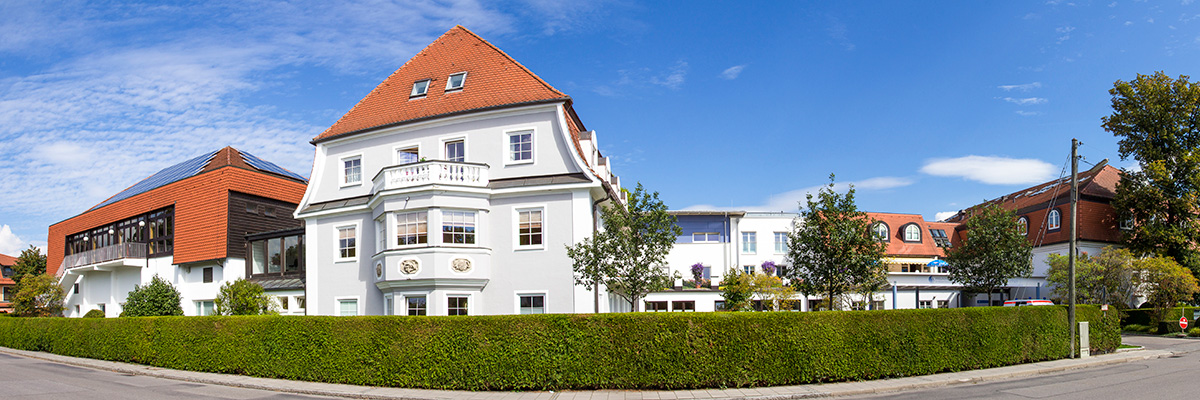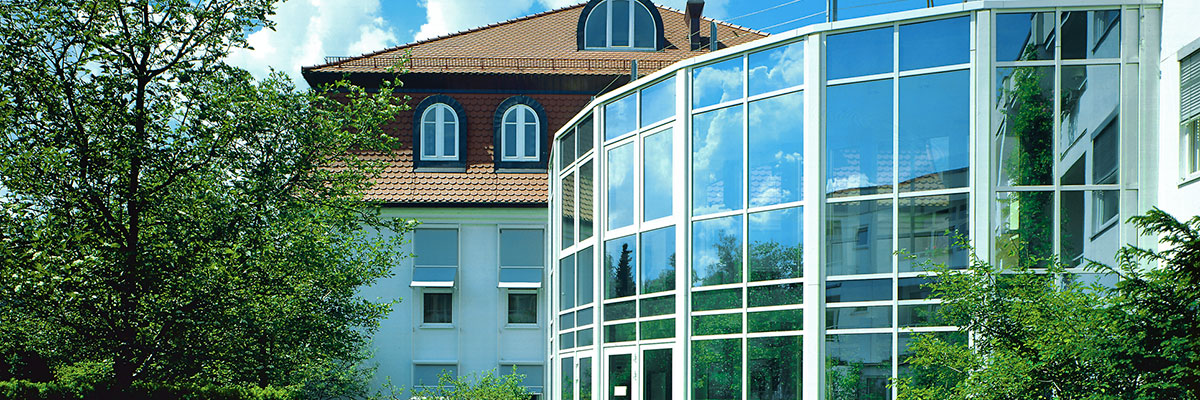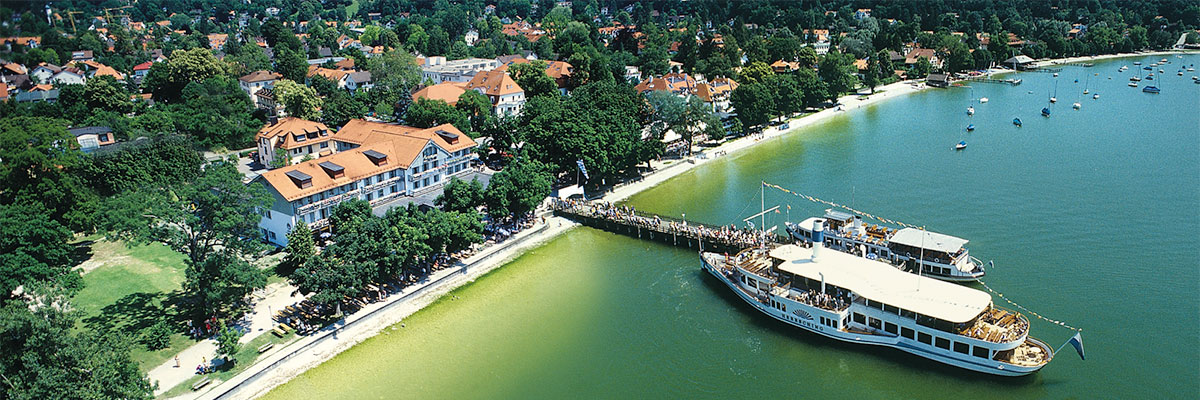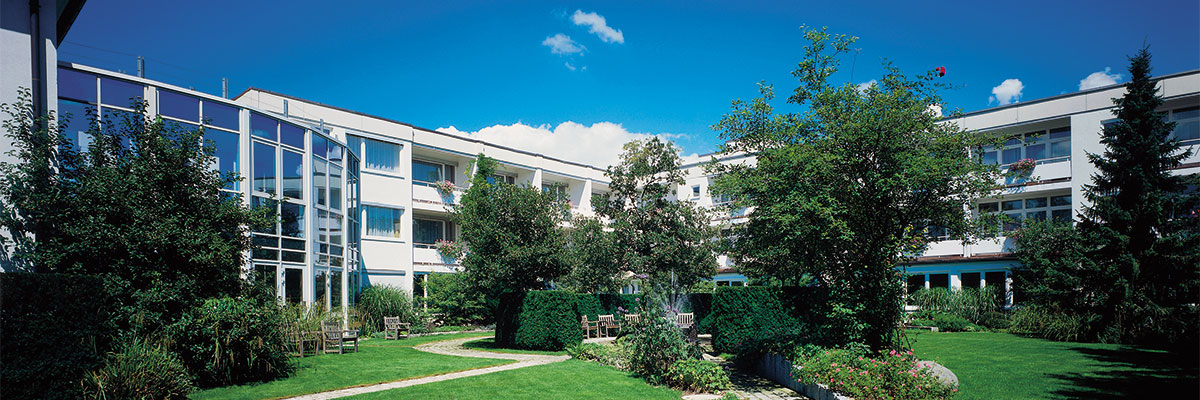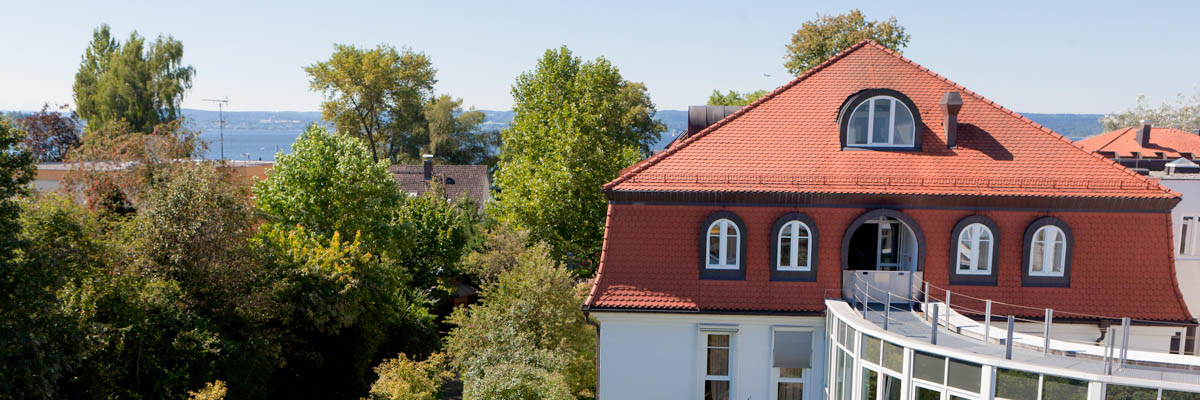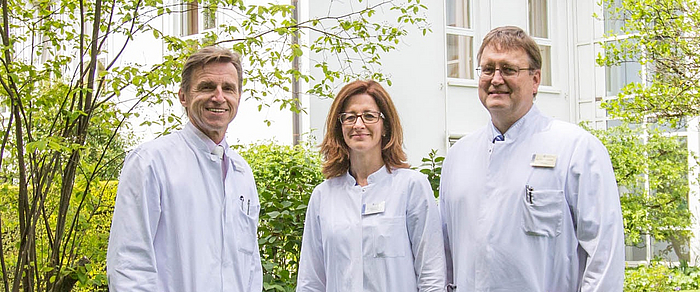Cardiology
Dr. med. Achim Rotter, Dr. med. Daniela Fischer, Dr. med. Peter Sautner & Dr. med. Ahmad Jaber (not shown in the picture)
We focus on diagnostics and therapy of disorders of the coronary vessels, myocardium, cardiac rhythm and cardiac valve as well as cardiovascular diseases (stroke, vascular diseases of the legs)
For diagnostic and therapy following procedures are available
- cardiac catheter laboratory with complete diagnostics including pressure wire measurement concerning disorders of coronary vessels, myocardium and cardiac valves as well as PTCA (balloon dilatation), implantation of stents treating chronic stenosis of coronary vessels and acute myocardial infarction. Right-heart catheter to measure cardiac output per minute and pressure of the lesser circulation
- occlusion of atrial septal defects (PFO and ASD occluder)
- resting, stress and longterm ECG
- examination of heart and lung capacity (spiroergometry)
- monitoring and cardio call
- 24-hour blood pressure measurement
- 24-hour longterm ECG
- tilt table examination
- echocardiography with color flow mapping (cardiac ultrasound)
- echocardiography of the heart via esophagus (TEE)
- 3D and 4D echocardiography
- stress echocardiography
- implantation and control of bicameral pacemaker systems including rate adaptive systems
- implantation and aftercare of defibrillators (ICD)
- implantation of resynchronized pacemakers (CRT) treating cardiac insufficiency
- diagnostic and therapeutic atrial stimulation via transvenous or esophageal pacemaker sensors
- Right-heart catheter for the measurement of heart capacity and pulmonary circulation pressure
- nuclear cardiology (e.g. gated myocardial SPECT)
- renal ablation
- vascular ultrasound scan with color flow mapping and Doppler
- vascular imaging (DSA, CT and MRT angiography)
- cardio CT with coronary vessel imaging
- cardio MRT
Circulatory disturbances of the heart, brain and extremities are common disorders. Therefore we aim aim to preemptively recognize and treat the most important risk factors like dyslipidemia, hypertension and diabetes. Our elaborate examination procedures allow us to detect early stages of vascular diseases of the coronary vessels, the peripheral and brain-supplying vessels and to treat them.
In case of a myocardial infarction or stroke chances of survival have greatly improved due to modern intensive medical treatment procedures. Cardiac arrhythmia for example is remedied with the help of suitable medication or pacemaker therapy. Strokes are treated via early performed thrombolysis therapy. For this purpose the clinic provides the necessary 24/7 standby to perform cerebral computer tomography.
A specifically trained team of interdisciplinary specialists takes care of patients during the acute stages. The team includes internists, cardiologists, neurologists as well as therapists of different divisions (speech and occupational therapy, physical medicine). To enhance treatment options the clinic telemedically cooperates with neurologists and neurosurgeons of the University Hospital Augsburg (Tesaurus Project). Specific causes of strokes are defects of the atrial septum, which are treated via minimally invasive implemented sealing system (PFO or ASD occluder).
Cardiac catheter treatment
Since October 2005 the clinic performed more than 8.000 cardiac catheter examinations to identify causes for myocardial diseases, cardiac valve defects and coronary heart diseases. In individual cases diagnostics are extended via right-heart catheter treatment. State-of-the-art materials are used to ensure best possible success results and patient-friendliness.
For the treatment of chronic constrictions or acute obstructions of coronary vessels (acute myocardial infarction) all common treatment procedures are applied including balloon dilatation (PCTA) and stent implementation and medication-releasing stents. Further assessment of constrictions is achieved via pressure wire measurement of the coronary vessels. Additionally the constriction is plotted via high resolution ultrasound scan (JUVIS).
During an acute myocardial infarction every minute counts. The sooner an obstructed coronary vessel is reopened the lesser the damage of the myocardium and the higher are the chances of survival. The reopening of the vessel via balloon dilatation and stent implementation is much more effective than medicinal thrombolysis therapy (dissolution of a blood clod). Since 2006 the clinic therefore offers 24/7 standby cardiac catheter procedures treating acute myocardial infarction. Aftercare takes place at the state-of-the-art ICU.
Cardiac surgeries are performed by established Prof. Dr. Klaus Wenke in cooperation with the heart surgery unit of Klinikum Großhadern. To treat slow cardiac arrhythmia more than 120 unicameral and bicameral pacemakers are implanted every year.
Since January 2007 the implementation of defibrillators (ICD) to avoid sudden cardiac death due to cardiac arrhythmia is performed. Because of the increasing number of patients suffering from chronic cardiac insufficiency cardiac resynchronization therapy (CRT) with specific cardiac pacemakers was introduced. These kind of pacemakers are capable to stimulate both cardiac chambers simultaneously. This treatment allows further improvement of existing cardiac insufficiency in addition to medicinal therapy to a far greater extent.

